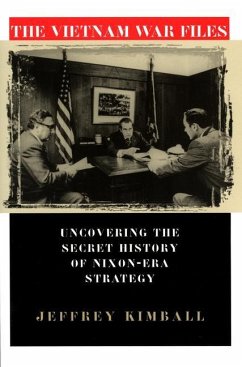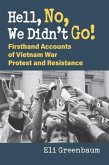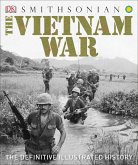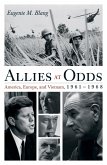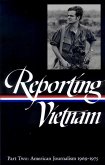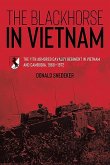How Richard Nixon and Henry Kissinger pursued their public vow to end the Vietnam War and win the peace has long been entangled in bitter controversy and obscured by political spin. Recent declassifications of archival documents, on both sides of the former Iron and Bamboo Curtains, have at last made it possible to uncover the truth behind Nixon's and Kissinger's management of the war and to better understand the policies and strategies of the Vietnamese, Soviets, and Chinese. Drawing from this treasure trove of formerly secret files, Jeffrey Kimball has excerpted more than 140 print documents and taped White House conversations bearing on Nixon-era strategy. Most of these have never before been published and many provide smoking-gun evidence on such long-standing controversies as the "madman theory" and the "decent-interval" option. They reveal that by 1970 Nixon's and Kissinger's madman and détente strategies had fallen far short of frightening the North Vietnamese into making concessions. By 1971, as Kissinger notes in one key document, the administration had decided to withdraw the remaining U.S. combat troops while creating "a healthy interval for South Vietnam's fate to unfold." The new evidence uncovers a number of behind-the-scenes ploys-such as Nixon's secret nuclear alert of October 1969--and sheds more light on Nixon's goals in Vietnam and his and Kissinger's strategies of Vietnamization, the "China card," and "triangular diplomacy." The excerpted documents also reveal significant new information about the purposes of the LINEBACKER bombings, Nixon's manipulation of the POW issue, and the conduct of the secret negotiations in Paris--as well as other key topics, events, and issues. All of these are effectively framed by Kimball, whose introductions to each document provide insightful historical context. Building on the groundbreaking arguments of his earlier prize-winning book, Nixon's Vietnam War, Kimball also offers readers a concise narrative of the evolution of Nixon-era strategy and a critical assessment of historical myths about the war. The story that emerges from both the documents and Kimball's contextual narratives directly contradicts the Nixon-Kissinger version of events. In fact, they did not pursue a consistent strategy from beginning to end and did not win a peace with honor.
Hinweis: Dieser Artikel kann nur an eine deutsche Lieferadresse ausgeliefert werden.
Hinweis: Dieser Artikel kann nur an eine deutsche Lieferadresse ausgeliefert werden.

